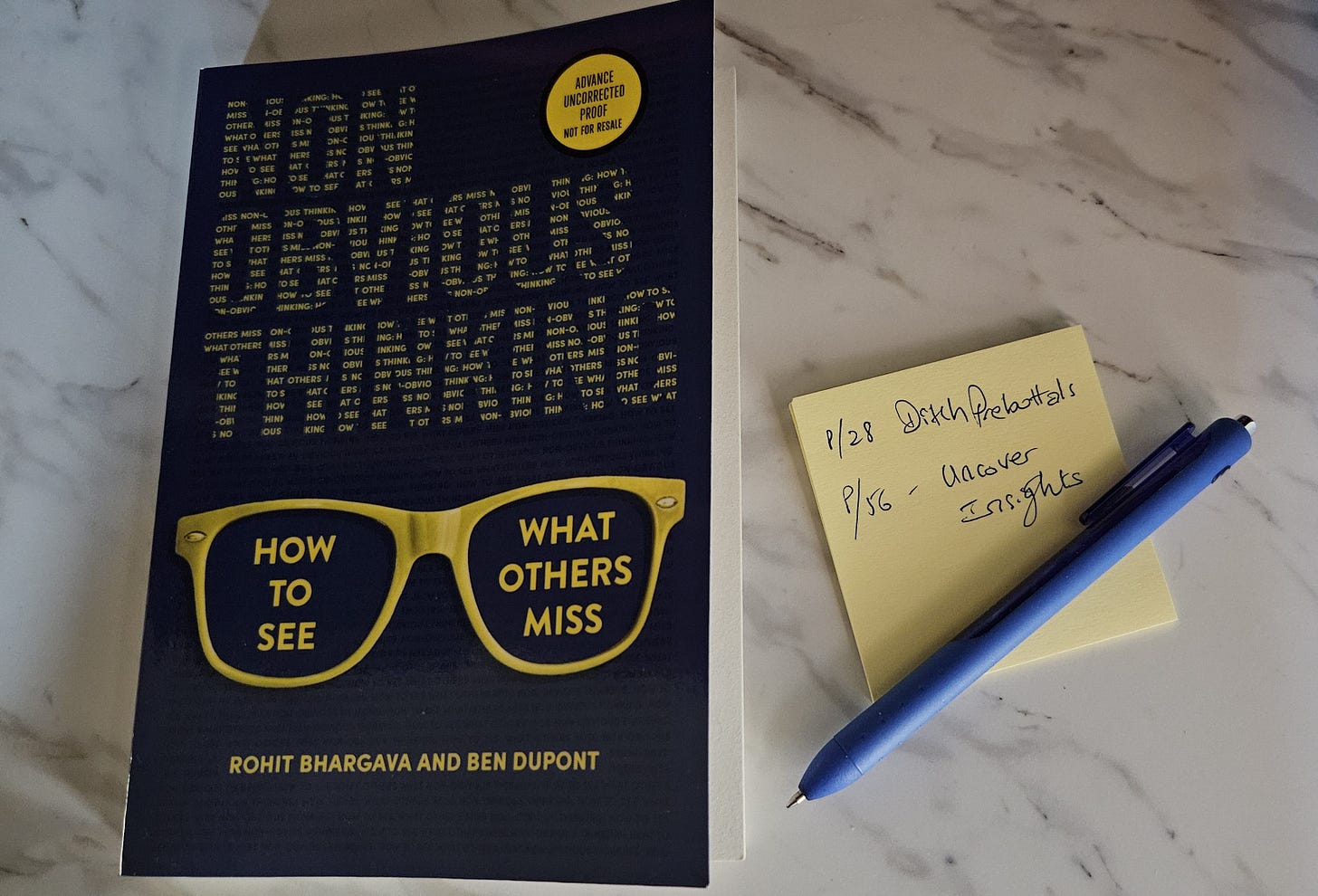I don’t know whether to laugh or cry at the number of bizzare ‘autonomous’ vehicle incidents around Tempe, Chandler, and Phoenix Arizona. My neck of the woods invaded by robots on wheels. I sincerely think these ludicrous driverless vehicles are a problem in search of a solution. We need better drivers, not smarter (and error-prone) vehicles trying to make drivers redundant.
The above image was from a 2018 news report on an accident in Chandler, Arizona. However, a very new investigation of Waymo regarding 22 incidents reveal how the vehicles “violated traffic safety laws” and caused “collisions with stationary and semi-stationary objects such as gates and chains, collisions with parked vehicles.” Here’s a link to the NHTSA report.
There’s also this video. Watch it here. A Waymo vehicle driving under the influence of befuddlement. It was unable to figure out why a tree was moving in front of it. (The said tree was on a landscaping truck!). So while these robots on wheels substitute data for common sense, we the people have have become part of this mad experiment.
Speaking of machine intelligence…
This Olympics-themed ad by Google created a stir this week. Before I give you my take on it, I like you to watch it. Twice. Tell me what you think.
So many things wrong about it!
Why would a dad who claims to be ‘pretty good with words’ (presumably he wrote this video script) want his daughter to use AI to write a letter? Bad enough kids today seldom write letters. A parent sending a message to children that you aren’t as good as an app: Way to go, dad!
This ad-dad says his daughter “is focused on her technique.” Yet, without a hint of irony he says he wants to teach his kid to use technology to craft the technique of communicating, in order to tell Olympic athlete Sydney McLaughlin-Levrone why she likes her technique. (Perhaps AI, rather than a copywriter, wrote the copy, since how would AI detect irony?)
Why oh why is the dad dictating the prompt for a kid’s letter? Do parents write letters on behalf of their children in real life?
To all these whys is the obvious answer: Because people suddenly feel as if technology should replace us.
Remember the Floppy Disk?
I was addressing a short history of computers: From mainframes to smartphones, from recording devices to memory and everything in between. To set the stage, I pulled out some of these piece. If you’re over forty, you would have used one of these. One student recognized an image of a floppy disk—from something he saw in a video game! We are moving so fast I have to remind my students what ‘SD’ in an SD card means. I sometimes ask them to check out why the tech dudes borrowed the name ‘Bluetooth’ from a 1st century Danish King.
The other cameras at the Olympics.
If you watch any part of the Olympics you couldn’t miss camera everywhere. In the hands of coaches, tourists, journalists, plus remote cameras such as those swimming alongside athletes in the pool etc. But one set of cameras that don’t get a lot of attention are the 4000 AI-powered CCTV cameras. They were approved in March. The law provides authorities to use software (AI) to scan for potential threats in public spaces. More details of the controversial law, here. I love this quote by the video surveillance company: "We are not China; we do not want to be Big Brother."
Finally, a great read.
I received a prof copy of this book from Rohit Bhargava last week. The title is intriguing: “Non Obvious Thinking.” It reminded me of a book we used to discuss in the eighties, ‘Lateral Thinking” by Edward de Bono. Anyone remember that?
Thank you for reading this far. If you like part of this newsletter please drop me a note to publicradius@gmail.com or on LinkedIn. Love to hear your comments!







